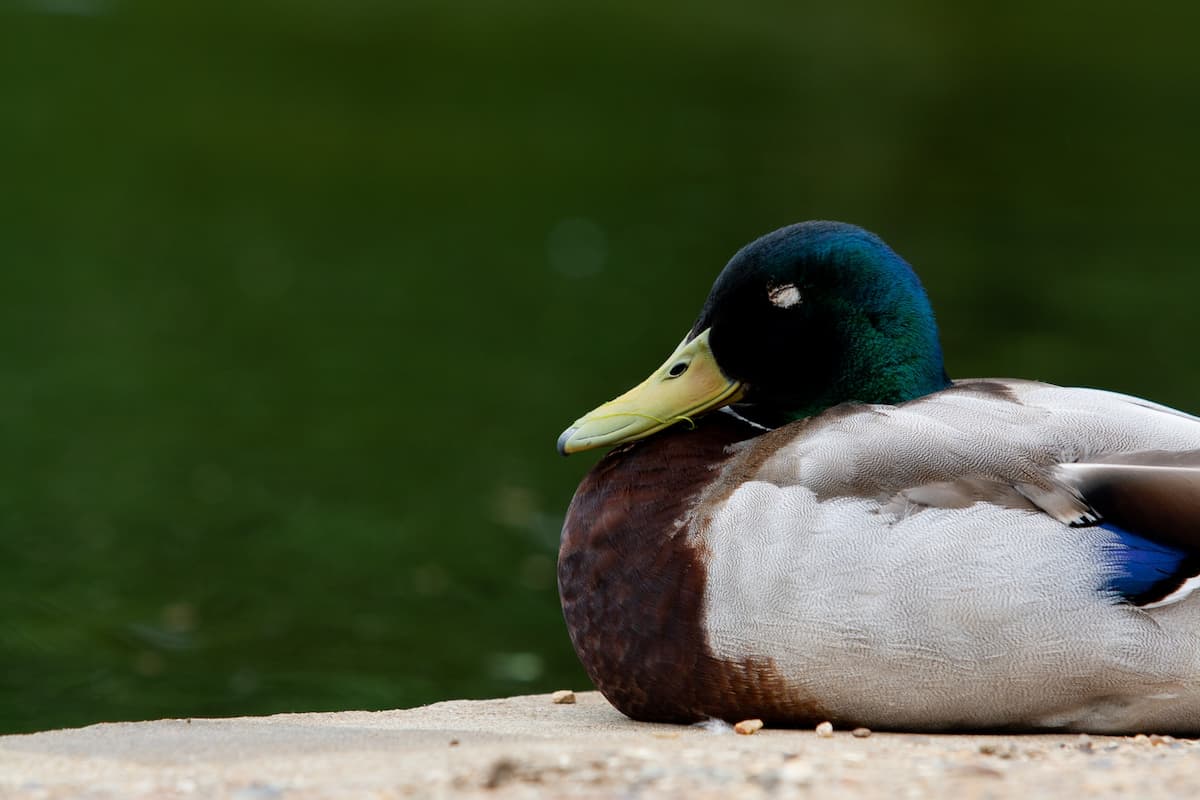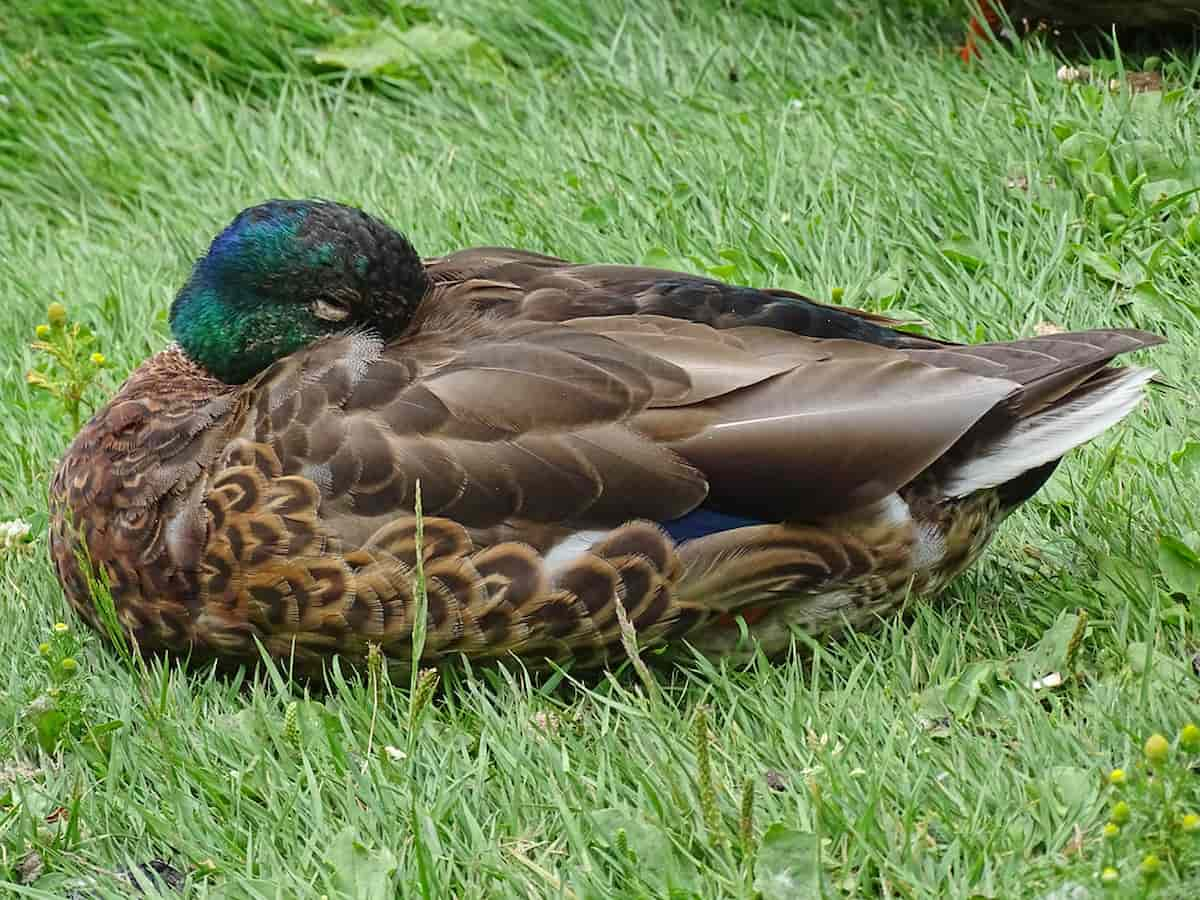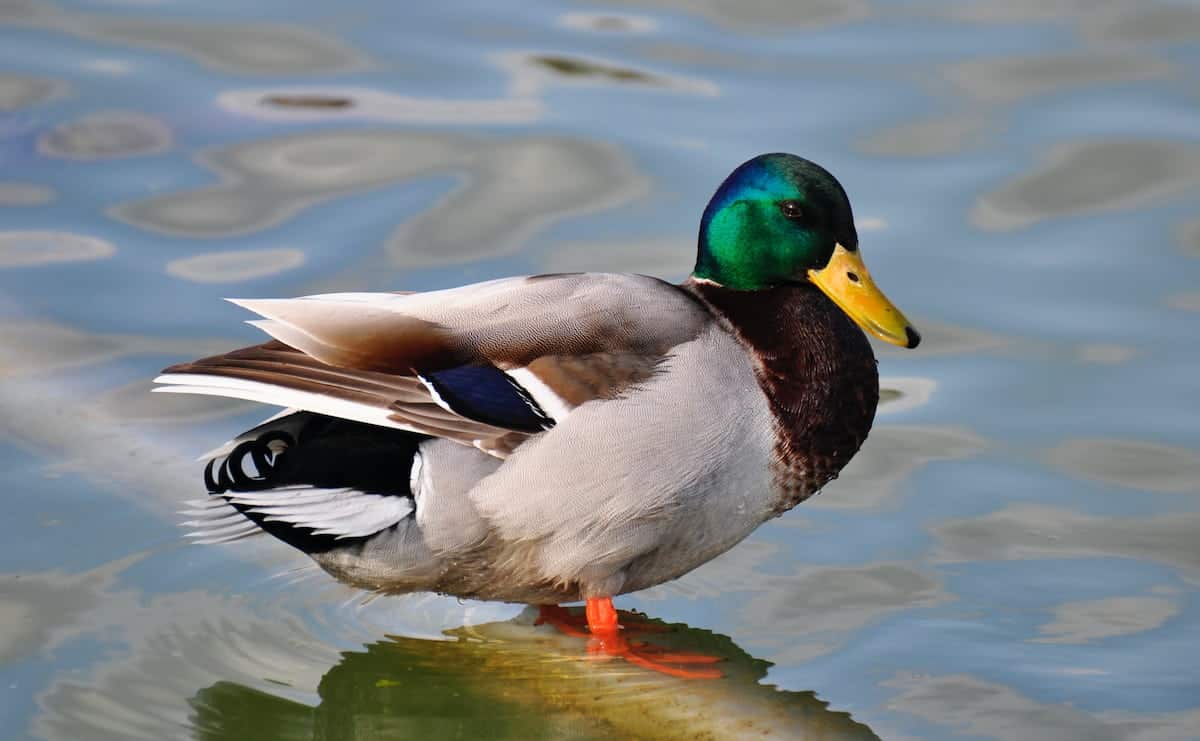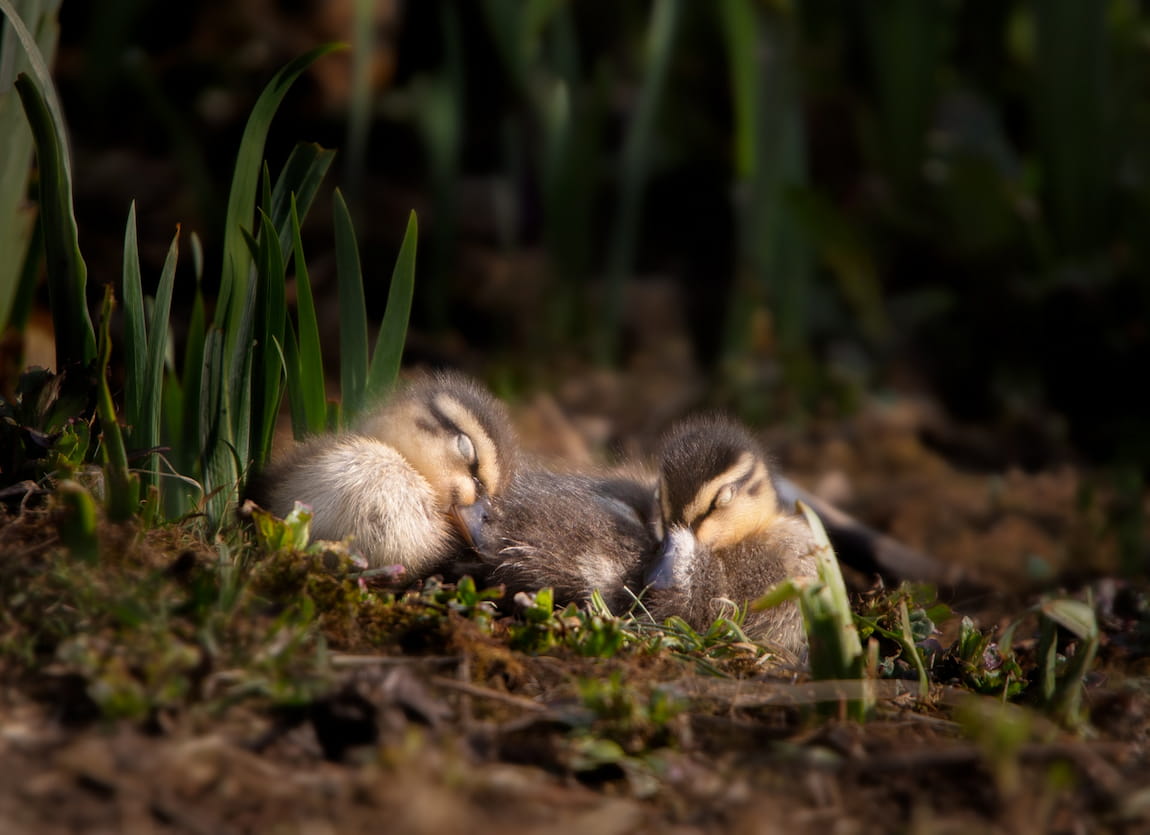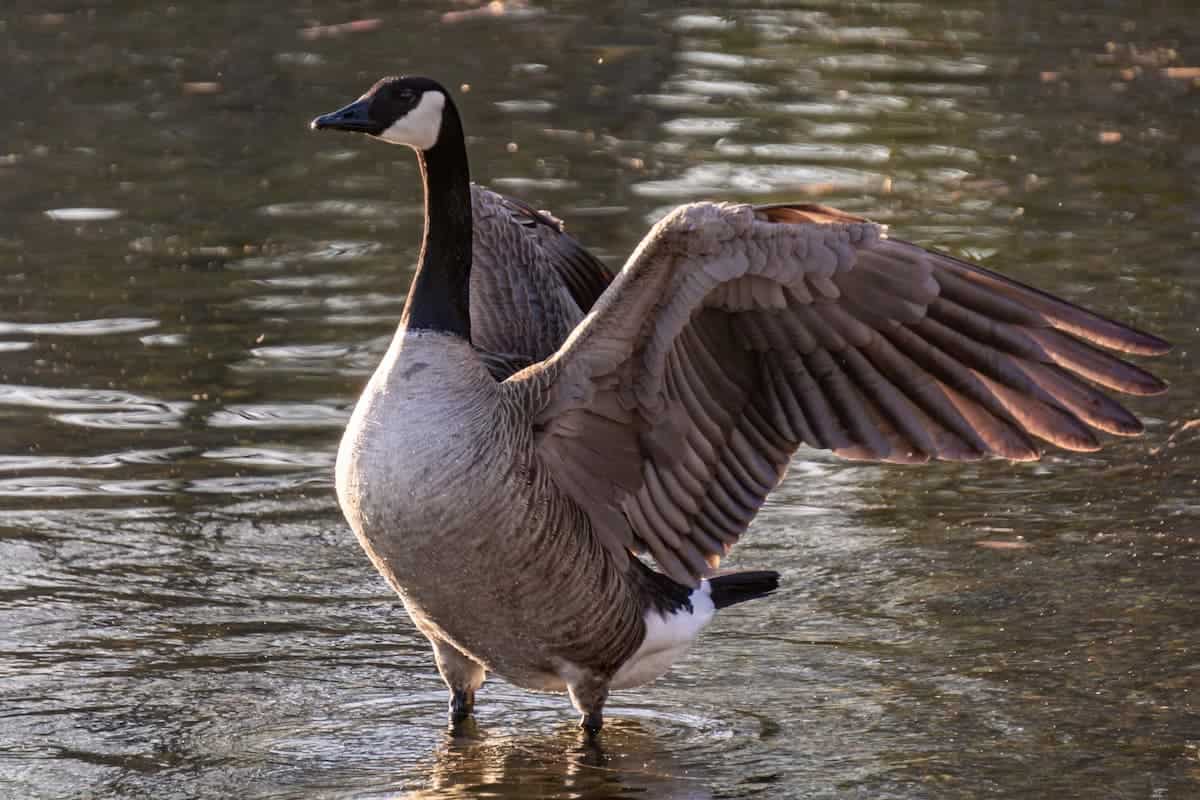Beneath their adorable surface and sometimes-brilliant plumage, ducks hide some interesting habits. Their unique existence on land and in the water as well as some of their sleeping habits make them, unlike any other bird.
Ducks do not sleep throughout the night and eat during the day the way other common pet birds such as chickens do. Instead, their sleeping habits are far more varied. They even have some unique brain patterns such as unihemispheric sleep that many other animals cannot do.
Whether you have ducks on your farm or in your yard, or you’re just curious about the gorgeous creatures that you see on your neighborhood farm, here is what you need to know about how ducks sleep.
Do Ducks Sleep at Night?
Most birds are diurnal, meaning that they sleep at night and are active during the day, with the exception of some night predators such as owls. However, ducks are not strictly nocturnal or diurnal. They are active during periods of the day and the night and some scientists classify them as semi-nocturnal birds.
Ducks do not have a set time when they go to sleep for hours on end. Instead, they take several shorter naps throughout the day and at night. This fractured sleep period is common in many prey animals. That is because they do not want to be vulnerable to predators by staying asleep for long periods of time.
How Do Ducks Sleep When in Groups?
Have you ever heard the expression “getting your ducks in a row”? This phrase about staying organized comes from ducks’ sleeping habits when they are in flocks or groups. When a group of ducks gets ready to sleep, they lie down in an organized formation, often in a row just like the story goes!
The reason that ducks sleep in rows or groups is for safety. A few ducks act as lookouts and stay alert for any signs of danger. They can wake up the rest of the group and get everyone to safety, while the rest of the group rests completely. Ducks are egalitarian about sharing lookout duty and they’ll rotate which animal is on duty each day.
Ducks prefer to sleep with a group of other ducks because there is safety in numbers. A duck that has a lookout can sleep better than a solo duck that can only rely on itself for protection.
Do Ducks Sleep with Their Eyes Closed?
Just like humans and many other animals, ducks sleep with their eyes closed. Although they may not see what is going on around them, they are still able to detect any danger using their other senses.
Sometimes, ducks sleep with one eye closed and one eye open. Usually, ducks that do this are either on their own or the designated lookout for their flock.
Single-Hemisphere Sleeping
Single-hemisphere sleeping, or unihemispheric sleeping, is what allows ducks to sleep with one eye open. Ducks can shut down one hemisphere of their brain while keeping the other hemisphere active. While this is not as restorative as relaxing the whole brain, single-hemisphere sleeping allows the duck to get some rest without exposing itself to danger.
Other aquatic animals, such as whales and dolphins, and a few other birds can also conduct unihemispheric sleeping.
Can Ducks Sleep on the Water?
Ducks are waterfowl, which means that they spend much of their time feeding and living on the water. Some species of ducks such as mallards even sleep on the water. They pick a calm body of water and float on its surface.
Although it seems as if they are exposed to danger on the water, ducks only do this at night when predators such as hawks (and humans) are asleep. Sleeping on the water also allows them to sense anyone approaching better than they could on land.
Not all species of ducks sleep on the water. Some ducks, such as Muscovy ducks, prefer to sleep in trees. Other duck species will alter their sleeping location depending on the weather, sleeping on the water if it is a warm night or hiding in a tree hollow if it is cold and rainy.
Do Ducks Lay Down to Sleep?
When sleeping, most ducks lay down on the land (or water). A fully relaxed, sleeping duck will tuck its head into its feathers. Duckbills are very sensitive to the cold because they do not have feathers so tucking their heads helps ducks stay warm.
Like many other birds, ducks sometimes tuck one leg into their feathers while sleeping and only keep a single leg on the ground. Duck legs are also some of the most vulnerable body parts to cold due to lack of feathers, so tucking up the leg helps the duck stay warm.
What About Domesticated Ducks?
Domesticated ducks keep some of the same sleeping habits as their wild cousins. For example, they still move around at night and like to sleep in groups. However, they don’t need to sleep in trees or on ponds like their wild cousins (although they should still have a body of water to play around in during the day).
At night, domesticated ducks should sleep in a spacious, well-ventilated coop. Ideally, they will have enough space to move around during their periods of wakefulness.
Conclusion
Ducks have sleeping habits that seem unusual on the surface but are evolved to keep these animals safe. Ducks sleep in groups so that a few animals can keep the whole flock safe by being more alert. These animals are capable of sleeping unihemispherically, which means that half of their brain is alert while the other half gets to rest.
These fascinating animals are also capable of sleeping while floating on the water, perched in trees, or nestled in burrows. They can sleep in short bursts during the day and night. As they get older, ducks sleep more and more, so it is a good thing that they are so flexible with their sleeping habits.
